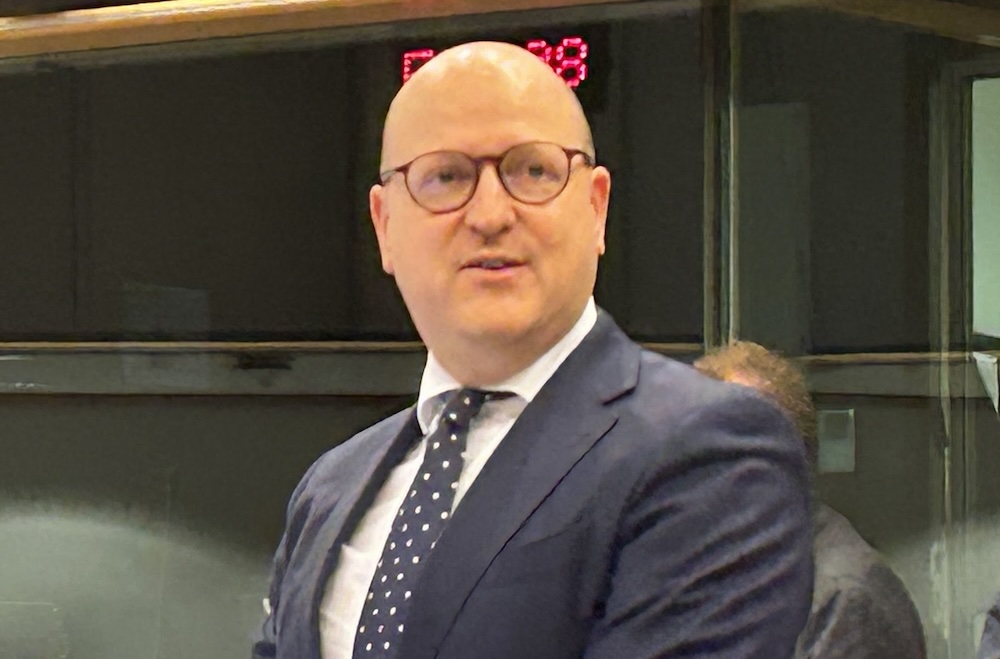Growing distrust of Chinese technologies, especially within the European Union, is a topic that is increasingly popping up in conversations about national security and technology dependence.
A recent example of this is the statement by MEP Bart Groothuis (VVD), who expressed serious reservations about the use of Chinese cars by European officials and leaders. “Peter Wennink cannot drive a Chinese car. If he connects his phone, China is listening," Groothuis warned. The comment, made during a discussion on cybersecurity in Brussels, highlights growing concerns about how technology can be used as a tool for international espionage.
These concerns are not unfounded. Recent incidents and investigations indicate a pattern where Chinese technologies may contain backdoors that could provide access to sensitive information. This risk is considered unacceptable, especially for people in key positions such as ministers or leading business leaders such as Wennink.
critical look
Groothuis, who is known for his critical approach to cyber security, also highlighted the broader risk of cyber attacks that could hit vital infrastructure such as energy, gas and water distribution systems. “Our own vital systems are also seriously threatened by cybercrime,” he added, with a clear reference to the need for enhanced security measures in these sectors.
The discussion surrounding cybersecurity extends to China's educational institutions, which are said to train some of the best hackers. This increases the urgency for European institutions to strengthen their security, especially in sectors that provide essential services such as hospitals. “If you provide essential services to society, you must do more to secure your infrastructure,” says Groothuis.

In a broader context, the European Commission proposed the Net Zero Industry Act (NZIA) last month, as part of the Green Deal Industrial Plan. This legislation is designed to position European industry for the green and digital transitions. The NZIA focuses specifically on accelerating licensing procedures for companies that want to invest in technologies that contribute to net-zero emissions. This process, often seen as a bottleneck to rapid industrial development, is being streamlined to accelerate innovation without compromising the EU's strict environmental and safety standards.
own industry
With a special focus on fuel, electrification and battery technologies, Groothuis emphasized the importance of regaining industrial capacities within Europe and reducing dependence on non-European technologies. “We have to bring that industry back and do it ourselves again,” he declared, referring to a Europe that is self-sufficient and grants permits more quickly.
The issue of procurement shows the complexity of this process within the EU, with governments often struggling with strict European rules and procedures. This is part of the broader debate on how Europe can strengthen its technological sovereignty without undermining the efficiency of its markets.




